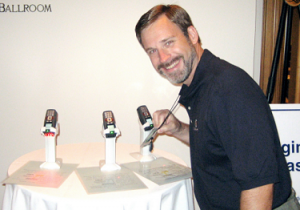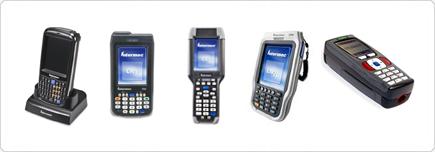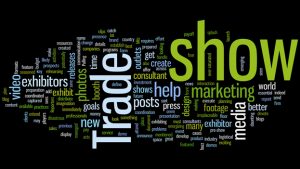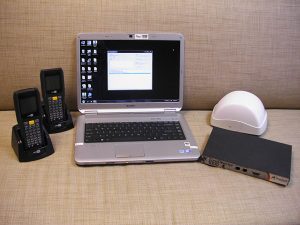Many businesses who display at trade shows neglect the process of following up afterwards. Perhaps a savvy salesperson at the business will have a knack for crafting successful, personalized follow-up emails to the prospects he or she is responsible for following up with. While it is true that a successful follow-up email will be more successful than a form email, it is not enough in and of itself to ensure a successful follow-up campaign. To derive maximum benefit from the investment of time and resources a trade show requires, it is vital that the follow-up email be sent in the context of an entire follow-up campaign; ideally, the follow-up campaign is given just as much priority as the trade show prep and presentation. Many would argue that the trade show follow-up should be given even more attention than the prep work and the live trade show experience. Following up with leads that you acquire at a trade show is even closer to the point-of-sale than the trade show itself. Here are some aspects to consider in crafting a successful trade show follow-up campaign.
Trade Show Equipment

The preparation before the trade show, the actual trade show and the post-trade show follow ups with leads should not be thought of as individual projects; rather, they should be considered as a trade show system. Each part of the system is dependent on the others to work properly. The process of following up really begins before the trade show by making sure you have the right equipment. Many businesses exhibiting at trade shows use a tradeshow badge scanner to collect, store and transfer the contact information of the prospects they interact with at the show. These badge scanners are more advanced than ever before, and having all of the necessary data in one place streamlines the process of following up.
Follow Up Quickly
He who hesitates is lost. The early bird catches the worm. There are countless adages that support the strategy of following up, especially with the leads you accumulate at a trade show, as quickly as possible. The follow-up campaign should be ready to implement the moment the show is over; however, it is important not to sacrifice quality at the altar of speed. Once you transfer your leads from the trade show equipment into your company’s email system, it should only take a day or so to send out your follow-up correspondence. Many businesses mistakenly wait a few weeks, but when it comes to trade show prospects it is better to strike while the iron is hot.
Qualify Leads
The process of qualifying leads is ongoing. Perhaps you have a system of qualifying leads prior to sending out follow-up emails; however, it is important to remember that this qualification is fluid. Including several options in your follow-up email can help you further qualify leads based on the level of interest indicated by their response.
Customize Messaging
All messaging that is part of a follow-up campaign, including emails, phone calls and all other communication, should be customized to the lead. One trick to remember for effective customization is simply to be as specific as possible. Include the name of the specific show, the specific products/services you marketed at the show, the specific name and contact information of your representative at the show and a specific call to action.
Be Goal Oriented
Many people do everything right in the follow-up process without knowing why they are doing it. Long term, this can lead to frustration when things aren’t working out the way you planned. This potential frustration is the reason why it is so important to lay out the goals of your follow-up campaign beforehand. With specific goals, it is possible to apply metrics and A/B testing in order to pinpoint the strengths and weaknesses of your campaign and make the necessary adjustments.







